EMSWP Oral History and Memorialization
The East Marshall Street Well (EMSW) Project documents the history of medical racism at the Department of Medicine at Hampden-Sydney College and the Medical College of Virginia (MCV), now VCU School of Medicine, and its ongoing impact on current health inequities. The EMSW Project takes its name from a well at MCV, where in 1994, human remains from more than fifty individuals were discovered during construction of the Kontos Building. The 2023-24 Health Humanities Lab Student Fellows are supporting the East Marshall Street Well Oral History Project.
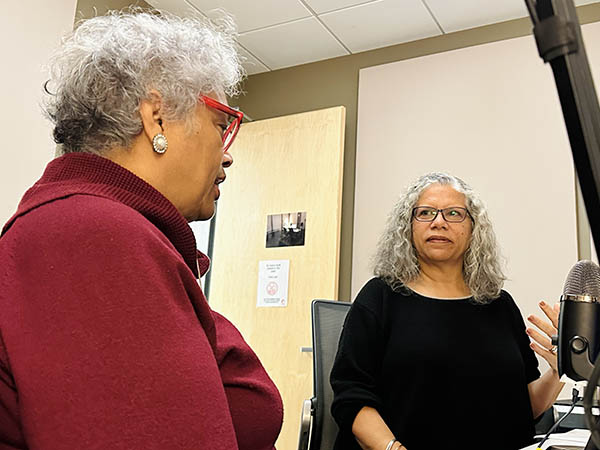
Historical and scientific research revealed that the remains were mostly of Black Richmonders whose bodies had been stolen by MCV staff between 1848 and 1860, used for dissection at the school, and then discarded in the well. Founded in 2013, the EMSW Project works to enact the recommendations of the Family Representative Council, a group that represents the descendant community. The recommendations prioritize ethical research, memorialization, and burial of the ancestors with dignity. They also include an emphasis on better understanding the broader history between Richmond’s medical establishments and the city’s African American communities and on addressing the historical roots of contemporary healthcare inequities. In 2023-24, Health Humanities Lab Student Fellows are working to advance the ongoing EMSW Project. They are recording and processing oral histories with the support of The Workshop, Special Collections and Archives at James Cabell Branch Library, and the VPM+ICA Community Media Center. In addition, fellows are programming a traveling exhibit on the EMSW Project, designing a walking tour, researching institutional policies on human remains, and planning a teach-in.
Meet the Team
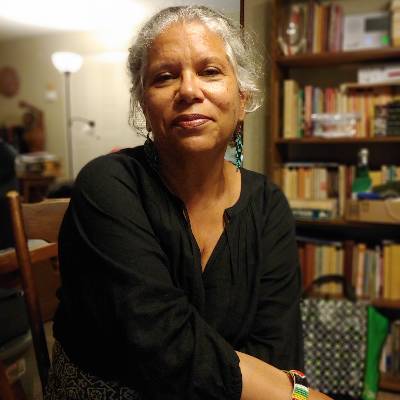
Ana Edwards is conducting interviews for the East Marshall Street Well Oral History Project. Edwards is a public historian with research interests in the history and significance of “Gabriel's Rebellion,” 18th century Black life in Virginia, how both informed the construction of the American nation, how these histories are articulated in public landscapes and why they resonate today. As founding chair of the Defenders’ Sacred Ground Historical Reclamation Project (2004), and in collaboration with other community organizations, she contributed to the reclamation of Richmond's first municipal African Burial Ground and leads the in-progress community campaign to establish a Memorial Park in Shockoe Bottom, the 19th century epicenter of the US domestic slave trade and birth district of the city of Richmond--a project now part of the city’s strategic development plan. Her advocacy work includes education, social justice and historic preservation advocacy for African American spaces, especially pre and post emancipation burial places--among them VCU East Marshall Street Well Project, Shockoe Bottom and Shockoe Hill African, East End and Evergreen cemeteries. In 2019, the Sacred Ground Project convened 22 scholars to present at "Truth and Conciliation in the 400th Year: a Shockoe Bottom Public History Symposium" at the Library of Virginia. Edwards was the recipient of the inaugural VCU History Department Alumni Achievement Award in 2021 for her contributions to public history and advocacy for social justice and the 2022 Engage for Change Community Educator Award from the University of Richmond's Bonner Center for Civic Engagement.
Michael Lawrence Dickinson, PhD is co-director of the HRC Health Humanities Lab East Marshall Street Oral History Project, and an associate professor of African American history at Virginia Commonwealth University. He was a 2019-2020 Barra Sabbatical Fellow at University of Pennsylvania’s McNeil Center for Early American Studies. His research interests include enslaved black life, comparative slavery, Black Atlantic studies, and urban history. Dr. Dickinson’s book Almost Dead: Slavery and Social Rebirth in the Black Urban Atlantic was recently published by the University of Georgia Press as part of its Race and the Atlantic World Series.
Maggie Unverzagt Goddard, PhD is the Humanities Postdoctoral Fellow for the East Marshall Street Well Project, and Associate Director of the HRC Health Humanities Lab. Her interdisciplinary research on the politics of aesthetics and memory work engages visual culture studies, public humanities, and critical theories of the body. With a background in public engagement and curation, her writing has been published in the Journal of Popular Culture, Women and Performance, Fwd: Museums, and the edited collection Fallen Monuments and Contested Memorials. She holds a PhD in American Studies and an MA in Public Humanities from Brown University.
Daniel Sunshine, PhD is the Postdoctoral Fellow in History for the East Marshall Street Well Project, and Associate Director of the HRC Health Humanities Lab. His research considers the evolution of American democracy in the 19th century, as well as the experiences of enslaved people under the law. His writing has appeared in The Washington Post and the Journal of the Greenbrier Historical Society. He is an award-winning teacher, and a public historian who has worked with the National Park Service and Encyclopedia Virginia. He holds a PhD and an MA in History from the University of Virginia.
Student Fellows: 2023-24
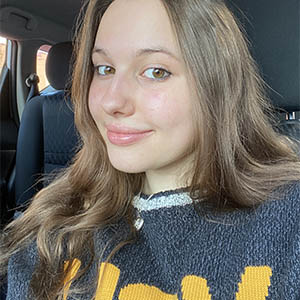
Psychology, minor in Sociology
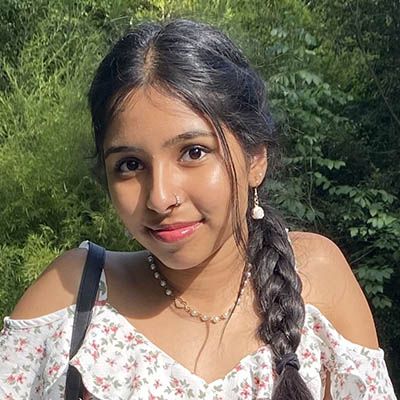
Biology
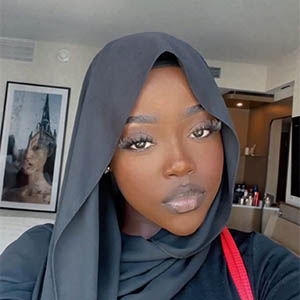
Interdisciplinary Science, minor in Psychology
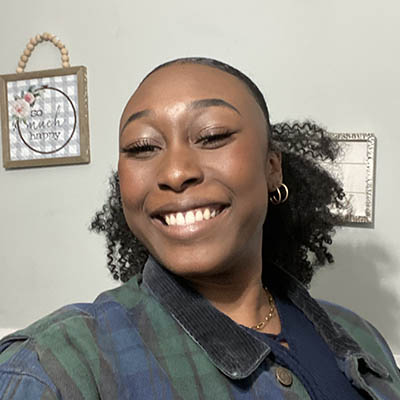
African American Studies and History
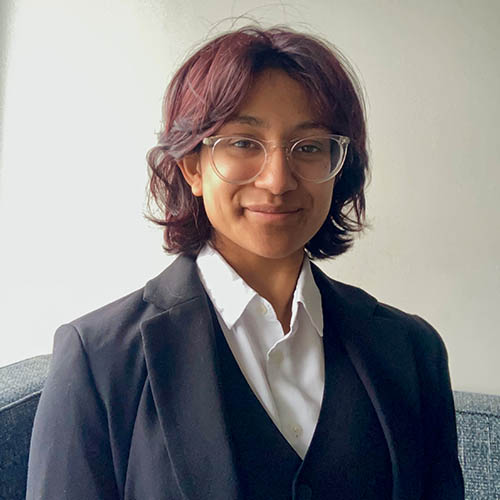
Financial Technology, minor in Psychology
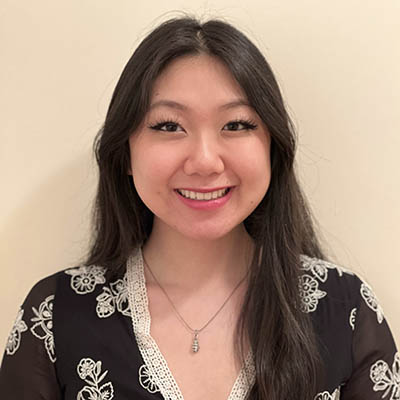
Urban Studies and History
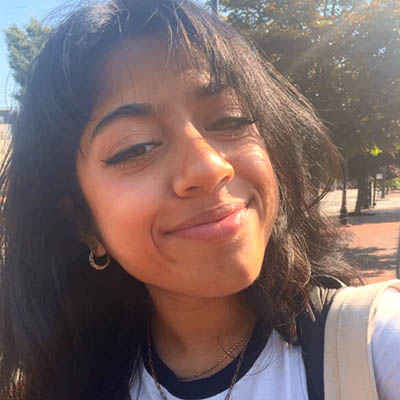
Biology, minor in Chemistry (Guaranteed Medicine Program)
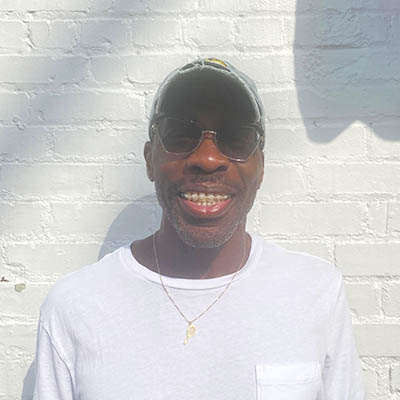
Social Work
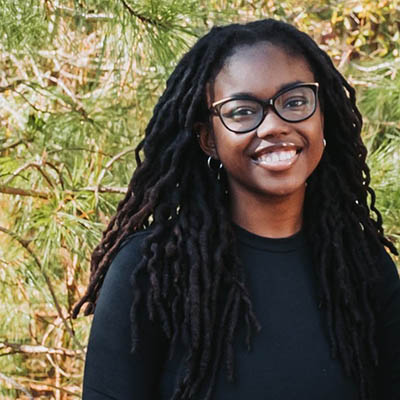
Psychology and Sociology, concentration in Applied Psychology
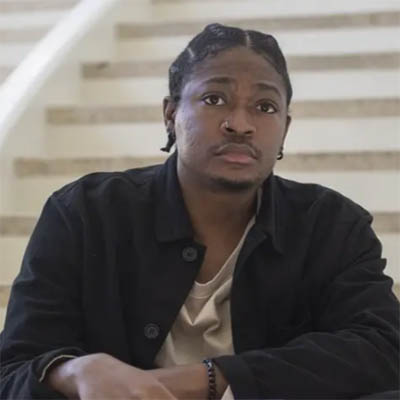
PhD candidate, Counseling Psychology
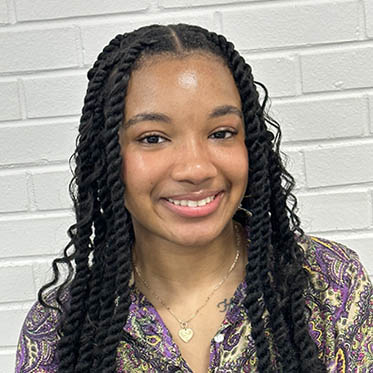
Biology and Bioinformatics, concentrations in biological and genomic sciences